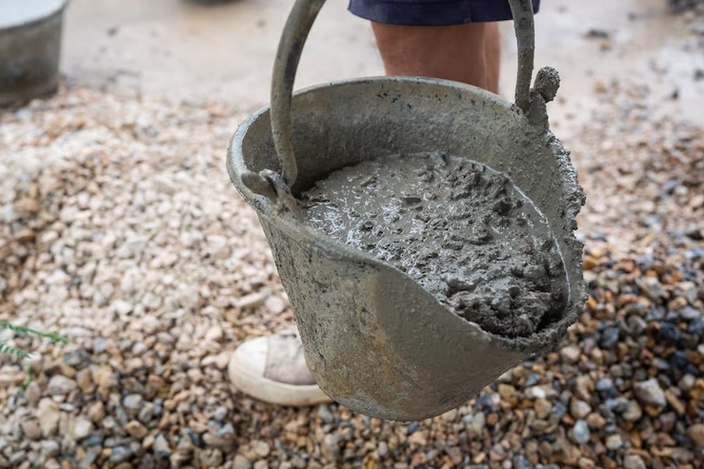Introduction:
Ready mix concrete (RMC) is a widely used construction material known for its convenience, quality, and consistency. However, the price of ready mix concrete can vary significantly depending on various factors. It is important for contractors, builders, and project managers to understand these factors to make informed decisions and effectively manage their construction budgets. In this article, we will explore the key factors that influence ready mix concrete prices, providing valuable insights for industry professionals and stakeholders.
I. Raw Material Costs:
The cost of raw materials used in the production of ready mix concrete has a direct impact on its price. The primary components of ready mix concrete are cement, aggregates (such as sand and gravel), water, and additives. The prices of these materials can fluctuate due to market demand, availability, transportation costs, and other factors. Cement, being a key component, often has a significant impact on the overall price of ready mix concrete.
II. Distance to the Batching Plant:
The location of the batching plant from which the ready mix concrete is supplied can influence its price. If the construction site is far from the plant, transportation costs will be higher, leading to increased prices. Therefore, it is essential to consider the proximity of the batching plant when estimating the cost of ready mix concrete.
III. Volume of Concrete:
The volume of ready mix concrete required for a project is another critical factor affecting its price. Generally, larger orders tend to have a lower cost per cubic meter or cubic yard compared to smaller orders. This is because the batching plant can optimize its operations and achieve economies of scale when producing larger quantities of concrete. Hence, contractors and project managers should consider consolidating orders to benefit from cost savings.
IV. Concrete Mix Design:
The specific mix design or concrete grade required for a project can impact the price of ready mix concrete. Different applications may demand varying levels of strength, durability, workability, and other properties. Adjusting the mix proportions and incorporating specialized additives or admixtures can affect the cost. Higher-grade concretes with specific performance characteristics often come at a higher price due to the additional materials and quality control measures involved.
V. Seasonal Demand and Market Conditions:
Ready mix concrete prices can be influenced by seasonal demand and market conditions. Construction activities tend to peak during certain times of the year, leading to increased demand for concrete. This surge in demand can push prices upward due to limited supply. Similarly, market conditions, such as changes in the economy, construction industry trends, and regional factors, can impact the price of ready mix concrete.
VI. Delivery Time and Scheduling:
The timing and scheduling of concrete deliveries can affect the pricing. Urgent or off-hour deliveries may incur additional charges due to logistical challenges and increased labor costs. Contractors should plan their projects and coordinate with the batching plant to optimize the delivery schedule and minimize any additional expenses.
Conclusion:
Ready mix concrete prices are influenced by a combination of factors, including raw material costs, distance to the batching plant, volume of concrete, mix design requirements, seasonal demand, market conditions, and delivery time. Understanding these factors can help contractors, builders, and project managers make informed decisions, optimize their construction budgets, and ensure the successful completion of their projects.


No comments yet